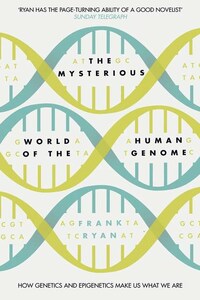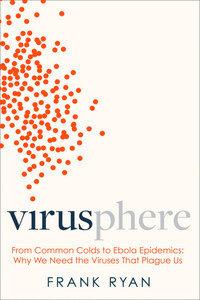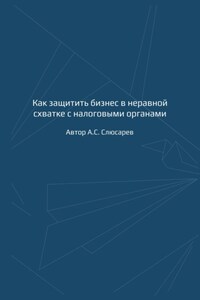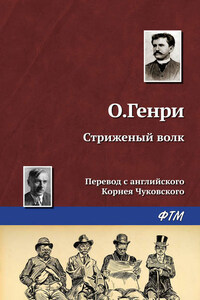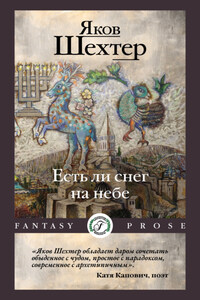William Collins An imprint of HarperCollinsPublishers 1 London Bridge Street London SE1 9GF
www.harpercollins.co.uk
First published by Collins 2009
Text & diagrams © FPR-Books Ltd 2009
Frank Ryan asserts his moral right to be identified
as the author of this work.
A catalogue record for this book is available from the British Library.
All rights reserved under International and Pan-American Copyright Conventions. By payment of the required fees, you have been granted the nonexclusive, nontransferable right to access and read the text of this e-book on-screen. No part of this text may be reproduced, transmitted, decompiled, reverse-engineered, or stored in or introduced into any information storage and retrieval system, in any form or by any means, whether electronic or mechanical, now known or hereinafter invented, without the express written permission of HarperCollins e-books.
HarperCollinsPublishers has made every reasonable effort to ensure that any picture content and written content in this ebook has been included or removed in accordance with the contractual and technological constraints in operation at the time of publication.
Source ISBN: 9780007315123
Ebook Edition © JULY 2013 ISBN: 9780007545278
Version: 2018–12–04
Science knows no country because it is the light that illuminates the world.
LOUIS PASTEUR
Like science, emerging viruses know no country. There are no barriers to prevent their migration across international boundaries or around the 24 time zones.
RICHARD M KRAUSE
A relatively small number of investigators have been preoccupied with the biology of viruses … and how they tick; these scientists are more sensitive to the … evolution of their symbiotic relations with their hosts.
JOSHUA LEDERBERG>1
I am quite sure that our views on evolution would be very different had biologists studied genetics and natural selection before and not after most of them were convinced evolution had occurred.
JBS HALDANE>1
In the opening line of his celebrated book, The Ascent of Man, Jacob Bronowski declared that ‘man is a singular creature. He has a set of gifts which make him unique among the animals.’ Putting aside the now outmoded sexual conventions implicit in his terminology, our natural instinct is to believe he was right. Surely we humans are unique. We are unique in recognising, at sentient level, our own existence. We have risen above the other animals in the landscape so that, for good or for bad, we now shape and control that landscape. But does this intellectual uniqueness mean that we are so radically different that we should be set apart from all other life in our evolutionary origins, which have governed the very nature of our beings?
When, on 12 February 2001, two rival organisations announced simultaneously that they had completed the first comprehensive analysis of the human genome, surely this would have confirmed any such purported uniqueness of our human nature. Here, laid bare, for the first time in our history, was the complete library of our genes, the make-up of the 46 chromosomes that make us human. Alas, of any purported uniqueness it registered little. Nevertheless, it was remarkable for what it did reveal.
The first surprise was the modest size of the human genome, at about 20,000 genes. We had anticipated that our human complexity would have demanded 100,000, or more. To put it into perspective, we have only ten times as many genes as a bacterium, a third more than a fruit fly and not many more than a nematode worm. It seems that, at least in quantity of genomic memory, we are not vastly more complex than these humble life forms, though our genome is far more complex in the way we convert genes to proteins, so we can code for a great many more proteins with the same number of genes. Most revealing of all was the confirmation of our common inheritance with other forms of life on Earth. For example, we share 2,758 of our genes with the fruit fly, 2,031 with the nematode worm – indeed, all three of us, human, fly, and worm, have 1,523 genes in common.
While some of my readers might feel humbled by this news, I suspect that Darwin would have been exhilarated because he would have realised that this shared inheritance could not have arisen by chance. We are familiar with the extreme accuracy of genetics in forensic science where a small piece of genetic coding can prove that a certain individual, and nobody else, committed a crime. To have 1,523 whole genes in common is rather more conclusive evidence – I could not even begin to calculate the order of the odds of this happening by chance, whether billions or trillions to one. And this touches upon the reasons why evolutionary biology is among the most fascinating and important of the sciences, and indeed generally of human endeavours: it alone seeks, through the application of logic and experiment, to understand the origins of life, from its beginnings in such humble and terrible surroundings as existed on our newborn planet, to the beautiful and beguiling diversity we see on our fecund blue world today.

